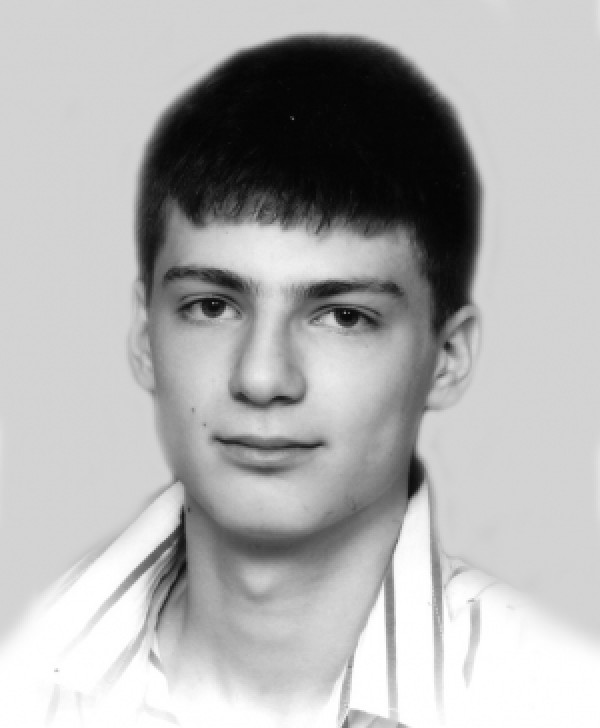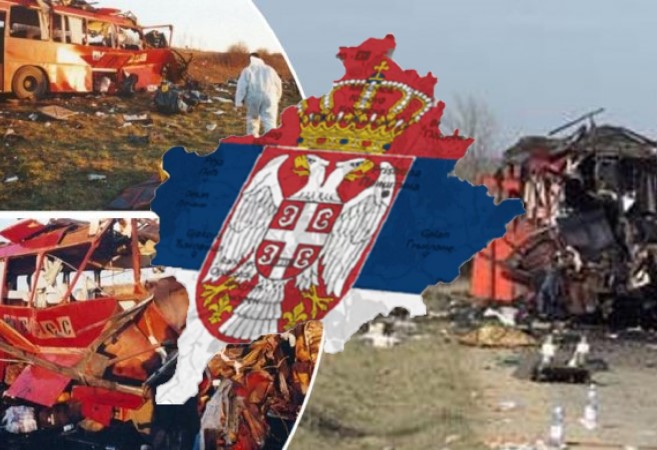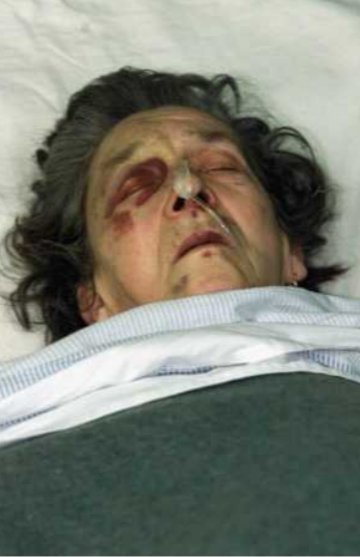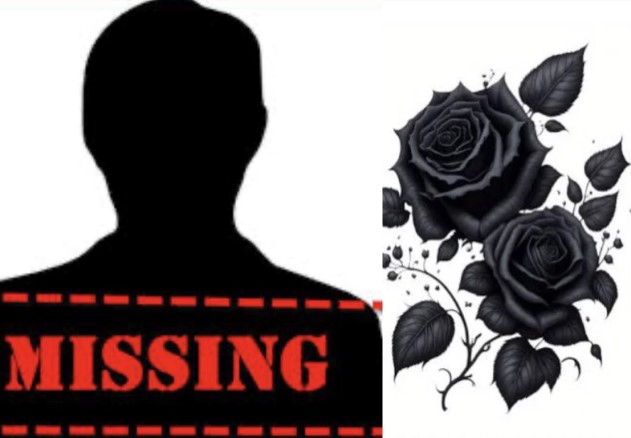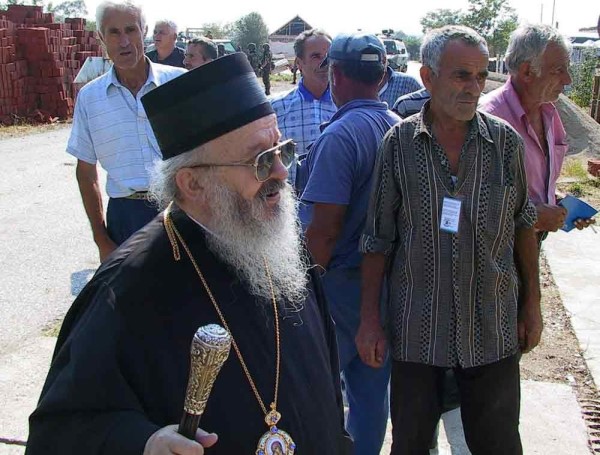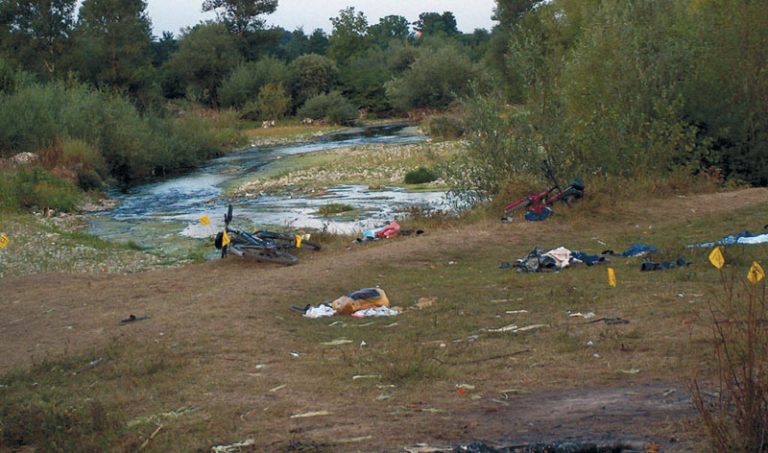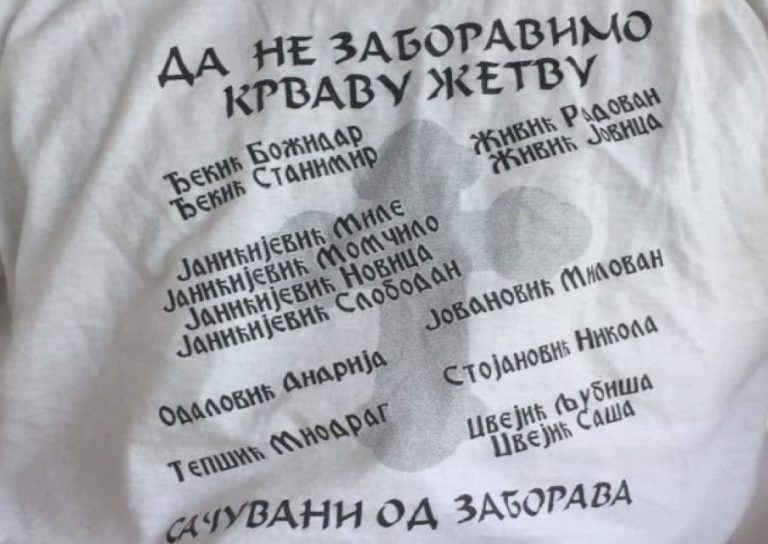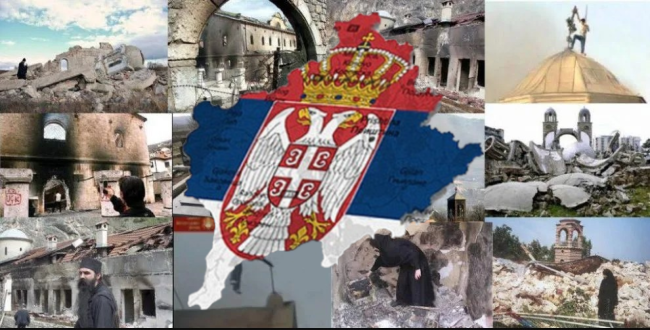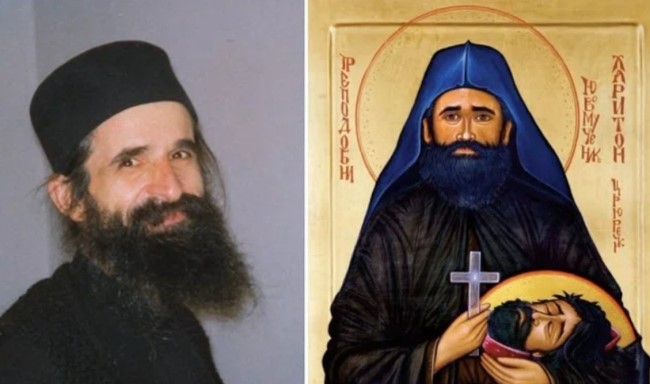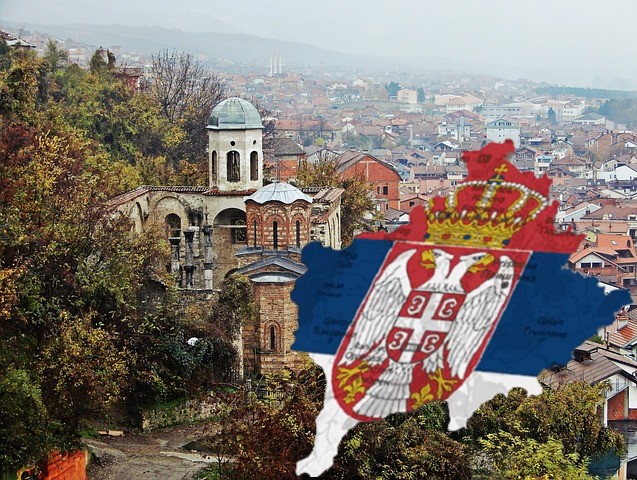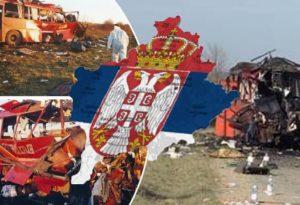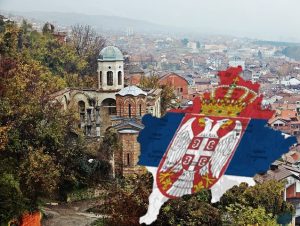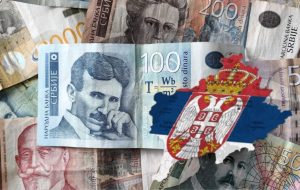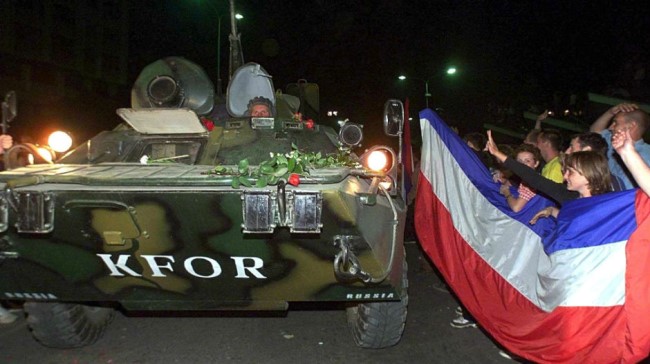
The night in which the Russians were (welcomed) waiting
After the news spread through Pristina that late afternoon on June 10, 1999 that the Russian forces would arrive before everyone else, Serbs from the city began to gather on the plateau in front of Avala, more precisely in Vidovdanska Street. Relief due to the cessation of air aggression was replaced in a few hours by concern among non-Albanians, especially Serbs, after learning that the Agreement on military-technical cooperation between the Yugoslav Army and KFOR was signed, and that the withdrawal of the police and army from the territory of Kosovo and Metohija will follow. On the main roads of Kosovo and Metohija, the Yugoslav forces could already be seen to a large extent, whose withdrawal started from the checkpoints and border crossings of Albania and Macedonia. Tanks, trucks, military and armored vehicles full of young fighters with raised 3 fingers and FRY flags fluttering in the air on that hot June night, mostly passed through the center of Pristina, without stopping on the way to central Serbia.
While the people huddled together, sharing their fears and anxieties in the total uncertainty of what tomorrow holds, from the plateau in front of Avala, you could see the lights on in the Army House building, from where the army was hurriedly taking out books from the Garrison Library, preparing to hand over that building to UNMIK and the facility Garrison, to the first head of the UN mission in Kosovo, Sergio Vieira de Mello.
It could already be heard that the Serbs from the Metohija part, along with the most basic things, are ready to follow the army to central Serbia. Armed with the experiences of the years when the Albanians burned their hay, barns, cut down forests and entered the bans, intercepted and tried to rape female children and beat male children, killed domestic pigs, stole grazing animals and the harvest... they realized that leaving was a mere inevitability. There were also those who, with the voice of courage, wanted to extinguish the voice of intuition, and still decided to stay at their hearth. There was fear, heaviness, the smell of dust in the air, and people's faces showed concern, cramp, disappointment. In the eyes of some, there were tears that glazed under the clear sky in Vidovdanska Street. There was also a team of journalists, very possibly from RTS. They interviewed passers-by asking them about their expectations.
It was clear to the people that the Russian state policy had failed at that time, but the Serbs still believed in the Russian brothers and the unbreakable Slavic connection between our two peoples. I remember the lady with the hat, she said her name was Dara. Later, during the years of work in Kosovo and Metohija, I heard that Dara was a poet. I never met her again. I remember that she said that she was in terrible fear, but that now the Russians are on the road and there is no more fear.
Although at that moment it was only a few hours after my arrival in Kosovo and Metohija, the elation on the faces of the people waiting for the Russians, really told me that there is faith of the Serbs in the Russian soldiers. I also wanted to believe in the seriousness of the UNSC, UNMIK and international military troops. But I did not.
At one point there was a scream, thunderous applause, the roar of tanks and vehicles tearing up the asphalt of Vidovdanska. Roses flew, flags fluttered and tears flowed. The children ran towards the tank.
On the night between June 11 and 12, the Russians entered Kosovo. With them is the hope of the Serbian people and my testimony from Kosovo and Metohija.
There are those dates that are more difficult than the tears we (didn't) cried. There are…

